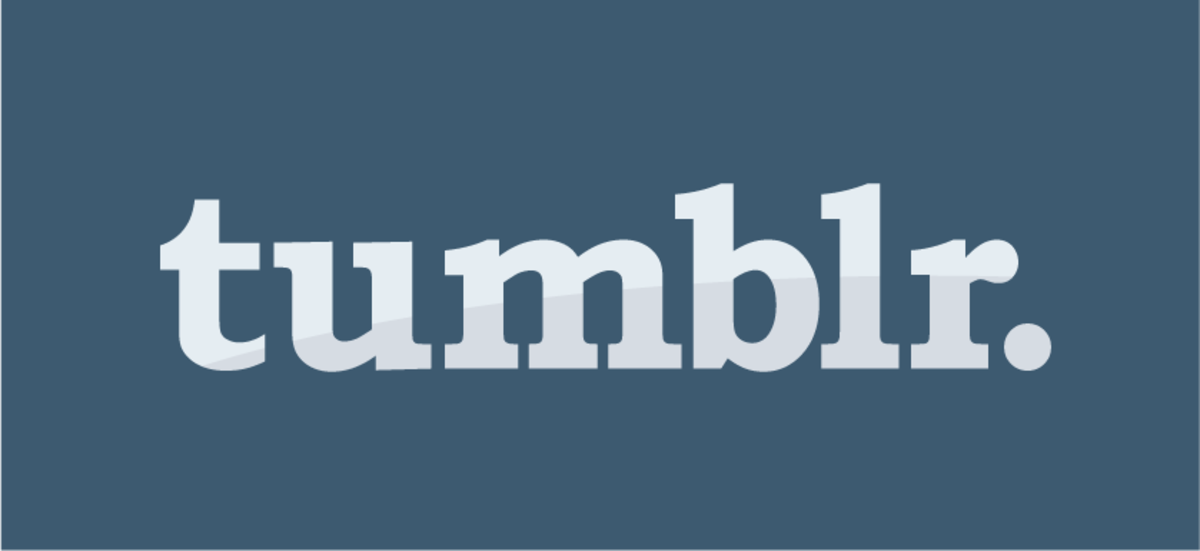The sheer variability of admissible content is a plus, too. With Tumblr, you can share text content, photos, quotes, website links, chats, audio files, and videos—a diverse array that’s sure to consume more resources on alternative blogging platforms. Using Tumblr also gives content creators a unique advantage too. According to research, online readers spend an average of 30 seconds on any one given piece of content, making Tumblr’s short-form blogging exceptionally suited to current trends. While this article discusses some of the best Tumblr alternatives, that should take nothing away from the uniqueness and usefulness of the platform.
5 Best Tumblr Alternatives
1. Reddit
Dubbed the “front page of the internet,” Reddit offers much the same benefits as Tumblr without the need for a specialty blog. It is a titan of the internet in terms of user numbers and one of the most visited websites on the internet. The website is organized in specialty communities called subreddits that cover a specific topic area, with each subreddit having its own moderators. Registered users, called Redditors, can post content to a given subreddit so long as said content conforms to its forum guidelines. Every such post is open to the entire Reddit user community to vote on, as upvotes or downvotes, with the most upvoted content featured on the general homepage. Like Tumblr, a Reddit post may contain text, images, videos, and more. However, the voting functionality and associated Karma points mean Reddit enjoys better-quality content than does Tumblr. In essence, Reddit content is regulated better than most social websites with owner-publishers such as Tumblr or even social media companies like Facebook and Twitter. However, a few less popular subreddits cover controversial topics and garner far more negative publicity that has effectively tainted the entire platform.
Reddit Pros
Very easy to use Facilitates open discussion of current events Covers more than mainstream news headlines
Reddit Cons
New users penalized Restricting new posts and comments every 15 mins Arbitrary, automatic deletion of posts Lax content moderation User cliques often bury articles they don’t agree with Rampant misinformation
2. Pinterest
With just 2.41 stars from over 400 Sitejabber reviews, you would be forgiven for writing Pinterest off. The low rating is more indicative of how some people struggle to draw value from Pinterest, a social platform unlike any other in the industry. Pinterest is essentially a collection of all your visual interests. The website employs an advanced search and filter system to narrow down user searches. The Pinterest model differs from its photo-sharing contemporaries, Instagram and Snapchat, and yet it bears just as much value as regular blogging websites like Tumblr. Pinterest lets users share images only, but it sill has become handy for businesses seeking to improve their brand authority by sharing useful and educational information. Available via the website and mobile application, Pinterest users cannot, however, change the cover photos of their boards. Similarly, you cannot pinch a photo on your mobile device to zoom in, two essential functionalities still missing from an otherwise useful social platform.
Pinterest Pros
Users choose what to follow Easy to drive traffic to external sites Easy to share useful information Leaving comments is optional All boards are public boards, increasing publicity.
Pinterest Cons
Pinterest traffic only suits a specific audience Requires specific images to drive results Difficult to automate Images shared may attract legal issues Demands a lot more content than Tumblr No control to where content ends up post-sharing
3. Medium
Medium is an open publishing platform that brings readers close to great content to spur dynamic thinking and unleash undiscovered and expert voices on essential life topics. With over 400 million visitors per month and high domain authority, Medium gives independent writers, bloggers, and subject area experts a platform to share high-quality content and get paid for their efforts, with regular contributors making as much as $20,000 per month. Unlike Tumblr, Medium evaluates new content for quality and then curates the best for promotion across the platform, increasing its reach. Curated stories are more likely to go viral and increase the author’s profile, while select stories are emailed to thousands of Medium subscribers. For the reader, you must buy a Medium subscription to access the best content. While there is a free trial with four articles a month, readers can access unlimited Medium stories for a flat $5 per month membership or a $50 per year annual plan. Medium also demands that all articles must follow a standardized format, with writers required to conform to similar guidelines before publishing their content.
Medium Pros
Great content import tool for easier publishing Ability to take the audience with you to external platforms Reliable user engagement metrics are available Easy to reach new audiences Content easily featured by big publishers Helps users find new social media followers
Medium Cons
No stand-alone pages hence low content visibility No control over your content Limited on-platform content promotion options
4. WordPress
WordPress is by far the most popular blogging platform in the world, and also the best of the lot. WordPress powers more than a third of all the internet. This is partly because WordPress is 100% free, but also it has wide-ranging applications with the ability to power any kind of website. Users of self-hosted WordPress websites only need to buy their domain name, a hosting plan, and a suitable theme to get started. Further, users can extend the functionality of the basic WordPress software using plugins, one of the cheapest options around that does not require coding skills. Significantly, however, these plugins and other resources are easily accessible, unlike Tumblr-related technologies. Given its open-source nature, massive developer communities have grown to build a WordPress support ecosystem that develops themes, plugins, and shares resourceful insights to enhance user experience. These do not exist for Tumblr and never on a similar scale for other blogging technology platforms.
WordPress Pros
Less expensive to develop websites Thousands of free and premium themes Most websites are mobile-friendly Modern themes are optimized for search engines Easy to update website remotely Easy backlinking and content syndication Great e-commerce experience
WordPress Cons
Multiple plugins needed for advanced performance Requires frequent theme and plugin updates Slow websites Poor SEO ranking Websites vulnerable to plugin and theme security deficiencies
5. DeviantArt
DeviantArt is not a traditional blog-building platform but allows users to create dedicated profiles similar to Tumblr blogs. Specifically, DeviantArt users can create a portfolio page of their artwork in such categories as photography, literature, artisan crafts, digital art, film, animation, as well as traditional arts, among others. DeviantArt is the biggest online social networking community for artists, guaranteeing its users both visibility and networking opportunities. For the best results, DeviantArt encourages these artists to develop specialist portfolios focused on a few choice categories for maximum performance on the platform. DeviantArt has hundreds of millions of works of art across its different categories, with the platform receiving more than 100,000 submissions every day from more than 50,000,000 users. Unfortunately, DeviantArt suffers from its artist users taking some liberties with their artwork, with instances of obscene images, depictions of violence, and general connotations of nudity rampant on its platforms.
DeviantArt Pros
Thousands of artists and users Very talented creators Completely free to use User profiles are very customizable Users can share their work on social media
DeviantArt Cons
Rampant obscenity and violence Content moderation is non-existent Limited website-building features
Did I miss out on any other Tumblr alternatives? Let me know in the comments section.





